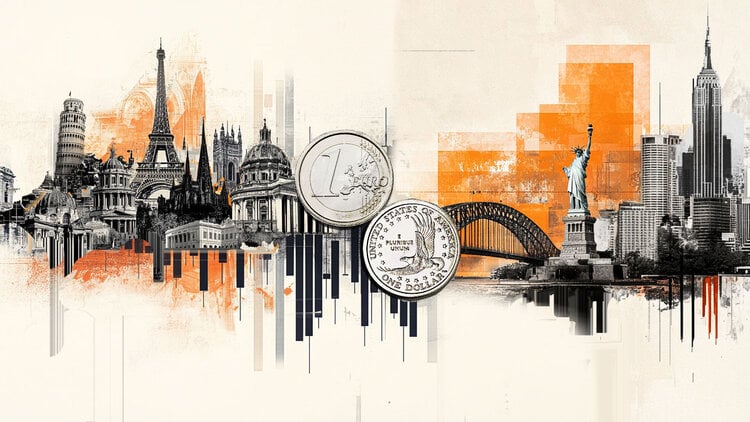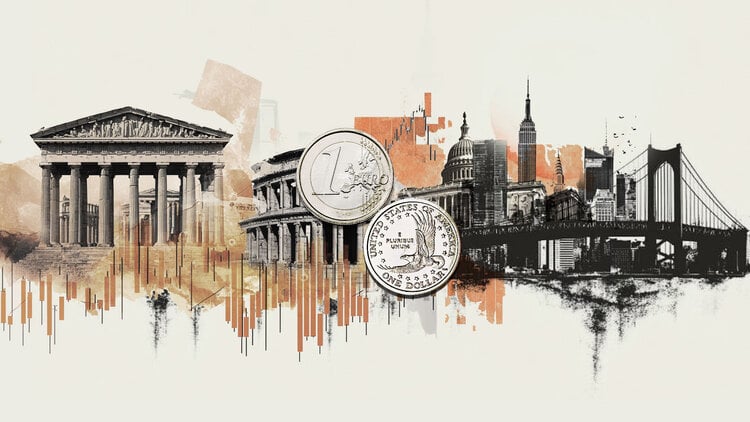By Anjani Trivedi
The world’s oil capital wants to switch to electricity and clean energy. To do this, it is reaching out to minerals critical to batteries and taking a stake in the electric vehicle supply chain. This will understandably send countries and companies prone to announcing ambitious plans, but then doing little to make them a reality, on high alert.
As shortages loom and companies scramble to secure prohibitively expensive resources in a bid to scale production, Saudi Arabia has attracted lithium miners and battery makers to generate activity, filling a critical void. The country wants 30% of the cars on its capital’s roads to be electric by the end of this decade.
Agreements
Australian battery chemical and technology company EV Metals Group has announced it is starting to develop plants to process lithium hydroxide monohydrate – a key ingredient for batteries – deepening its plans in the kingdom.
The company has been working with its partners for the past two years on feasibility studies, and the unit now plans to produce high-quality chemicals for cathode materials in powerpacks, an important component that electric vehicle makers are trying to get their hands on. Another Australian company, Avass Group, announced it had signed an agreement in February to jointly manufacture electric vehicles and lithium batteries with Saudi Arabia.
Along with these commitments, Saudi Arabia’s Ministry of Industry and Mineral Resources announced $6 billion in projects as part of a larger push to boost its mining industry. It is also processing nearly 150 applications for exploration licenses from foreign companies.
The government signed an agreement to buy up to 100,000 electric vehicles over 10 years from Lucid Group, an electric vehicle maker in which Saudi Arabia’s sovereign wealth fund participates. It has more than $3 billion in financing and plant incentives over a 15-year horizon.
Foxconn Technology, the biggest iPhone assembler, is in talks to build a $9 billion facility that could make chips and components for electric cars.
Production… in house
Setting up manufacturing and processing facilities within Saudi Arabia’s borders is a shrewd and proactive move. Not only will it ultimately help it reduce costs, but more immediately – and most importantly – it will ensure that the country becomes a key part of the global electric vehicle value chain.
So far, apart from China and its major battery manufacturers, few others have managed to achieve manufacturing scale.
Saudi Arabia has the resources, the capital and the conviction – and that’s exactly what many companies and countries lack. Now it is taking advantage of the oil price and demand to make a transition that others struggle to make. Its geographical location is an advantage in this, allowing it to supply Europe and receive resources from China and Australia.
The kingdom has begun rapidly evaluating and issuing mining licenses to exploit its mineral resources, with an estimated potential value of $1.3 trillion. Compare that to the US, where permitting is on hold and approvals for such mining plans have fallen to multi-year lows.
Meanwhile, Saudi Arabia could also develop its own resources: lithium in the brine byproduct around its oil fields is becoming a key source of the metal as the supply gap widens. Researchers are now working on cost-effective ways to remove and process lithium into a form pure enough for use in batteries.
Saudi Arabia’s progress in battery materials, as shortages drive up costs and companies grapple with tougher “green” regulations, is turning what is seen as a huge threat to its economy into a long-term boon.
Investment in the future
It is probably too late for the US and parts of Europe to catch the “train”. Other countries in the Middle East are also trying to make the transition from their economic dependence on oil to greener technology.
Abu Dhabi recently attracted a lithium company to build facilities in the Khalifa Industrial Zone to extract the metal and recover valuable byproducts from lithium mica and phosphate minerals.
It should come as no surprise, then, if companies and countries soon end up trading their dependence on Saudi oil for that of critical Saudi battery materials, just as they were forced to do with China.
Source: Bloomberg
I’m Ava Paul, an experienced news website author with a special focus on the entertainment section. Over the past five years, I have worked in various positions of media and communication at World Stock Market. My experience has given me extensive knowledge in writing, editing, researching and reporting on stories related to the entertainment industry.







